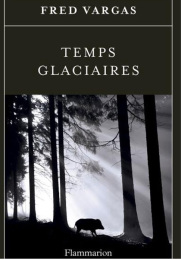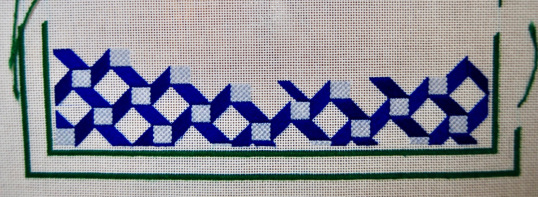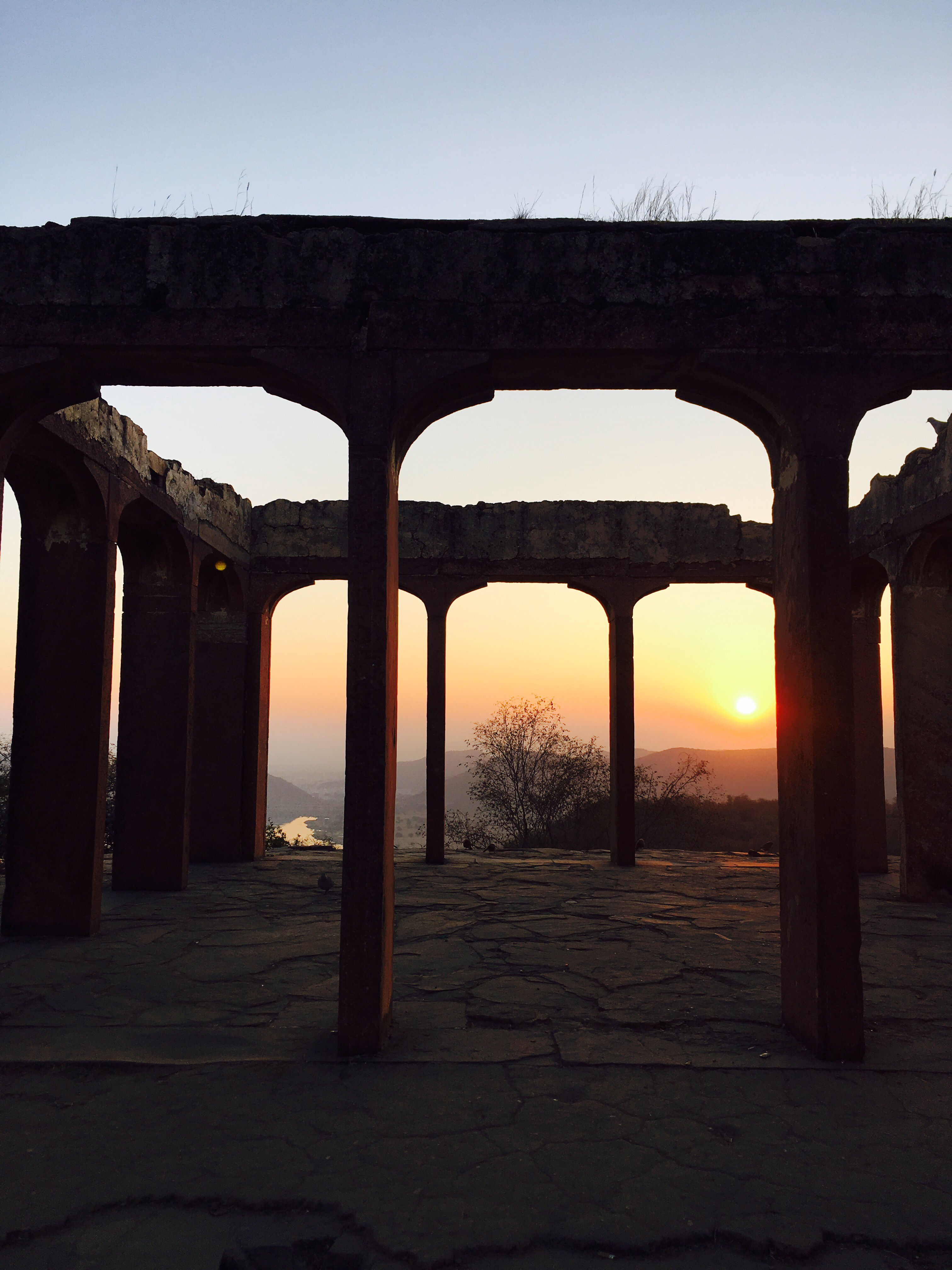Fred Vargas is one of my favourite French detective writers. So when I found a translation of ‘Temps Glacieres’, it should have been a delight to read – right? Of course: nothing wrong with the story, but I should have steered clear of the translation.
May have posted about it before and you may not be interested: a while ago, a friend of mine wanted to improve her French. So she started reading a Dutch and French version of ‘The Kite Runner’. She soon put down the Dutch translation to continue with the French one. She had noticed the Dutch version missed whole paragraphs.These had either not been translated, or simply been cut from the Dutch edition.
I have worked for Dutch publishers who demanded not a good literary translation of short novels. They stipulated a maximum number of pages. I did not work long for them, as it goes against my education, taste, respect for authors and their stories to cut narratives to that many pages less than the original.
 Checked the Dutch translation and Flammarion’s original publication of Fred Vargas‘ ‘Temps Glaciaires‘? The Dutch translation was nearly a hundred pages shorter than the original French novel. The Dutch or Flemish publisher may point out, this may be caused by a larger size of the book, use of different font and type, use of less spaces – to list a few excuses. Unfortunately, the experiences of my friend and me leave me suspicious.
Checked the Dutch translation and Flammarion’s original publication of Fred Vargas‘ ‘Temps Glaciaires‘? The Dutch translation was nearly a hundred pages shorter than the original French novel. The Dutch or Flemish publisher may point out, this may be caused by a larger size of the book, use of different font and type, use of less spaces – to list a few excuses. Unfortunately, the experiences of my friend and me leave me suspicious.
Especially, when numerous grammatical errors and translation mistakes in a De Geus publication irk a reader. A good editor, a good proof reader, should have corrected most errors and turned what translators Ms Rosa Pollé and Ms Nini had clobbered together into as good a read as the original.
The abysmal result could not be blamed on lack of money. This translation was totally or partly funded by the French Ministry for Culture – Centre national du livre. It said so on the book’s preliminary pages, well before the story starts.
After page after page of grammatical and other errors – not even complicated ones at that – I had had enough. Nobody should have to put up with a Google Translate print-out. I checked the public library. Sure enough, it stocked the Flammarion edition. Even better: I could take the French book home straight away.
So after fifty pages of torturous Dutch, it was a delight to continued with ‘Temps Glaciaires‘ in its original language. What a relief!
Fred Vargas is a pen-name, many are now familiar with. The first ‘policier‘ featuring Jean-Baptiste Adamsberg, appeared in 1986. In 2012, Fred Vargas was awarded a German prize, a Europäischer Krimipreis, for all books published under this pen-name. Just one of many awards Fred Vargas has collected. Apart from the Adamsberg-series, the series of the “Three Evangelists” can also be highly recommended.
Adamsberg grew up in a remote French region. He does not fit in well in Paris and is open to following his intuition and hunches. His superiors tolerate this odd detective, because he gets results.
Of course, the slightly excentric detective manages to attract excentric colleagues. There is Adamsberg’s side-kick Danglard. He is an alcoholic and a single dad raising five children, a few of whom are not his own. All the other members of Adamsberg’s team have their own odd habits. This team of misfits have a mascotte and even this cat is an excentric.
This novel, first published in 2015, starts with what seems to be a suicide by an elderly Parisian lady. The suicide is dealt with by a friend of Adamsberg. When a magistrate leans on this colleague to shut the case fast to save costs, this friend calls Adamsberg for advice.
It does not take Adamsberg and Danglard long, to decide their colleague is right: there is something wrong with the suicide. Adamsberg notices a mysterious sign. A few days later, Danglard is visited by a lady who reveals a name and address.
The name and address lead to another suicide which may be murder. Of course, the suspect suicides land in the lap of Adamsberg and his odd team.
New characters as well as ones familiar from previous adventures crop up. The cover of the book shows a wild boar? It will play a crucial role. The plot thickens, there are plenty twists and no lack of suspects.
The two suicides are linked to a misadventure in Iceland. But then, the team suddenly has to cope with murders among members of a Parisian society. This society re-enacts events of the French Revolution, right up to the start of ‘la Terreur‘.
Adamsberg, Danglard and their team are distracted. They concentrate on the Parisian murders; for the murders in Iceland took place too long ago to get anybody convicted. Yet something irks Adamsberg.
Adamsberg’s way of solving murders ensures his team is divided in those who totally trust him and those who question his sanity and rebel. This time, Danglard sides with the rebels when Adamsberg decides to follow a hunch and goes off to Iceland.
Of course Adamsberg was right to follow his intuition and confront the ‘aftergangan‘. Adamsberg solves the Iceland mystery, the suicides and murders among members of the Parisian Robespierre society.
As usual, the novel is full of interesting facts. It was rather gruesome to learn that Louis XVI actually redesigned the guillotine to improve it. Only for him, his wife and many French to be beheaded by the improved design.
As with all detective novels of the “Adamsberg”-series, this ‘policier‘ is a delight to read. There are plenty red herrings, the pace is fast, there are plenty odd characters, surprise twists and revelations, as well as hilarious, absurdist events.
Careful readers obtain the same clues as Adamsberg and Danglard. So basically, as in any good detective story, such readers may reach the same conclusions as Adamsberg. Missed a clue? Adamsberg reveals all towards the end, before going off on a holiday to Iceland.
Tempted to pit your considerable intellect against Adamsberg and Danglard? When new to this series, it is best to start with the first Fred Vargas novel and continue till the present one. As for fans of the series: ‘Temps Glaciaires‘ is another one which delights and is extremely difficult to put aside.
Some advise: read the French version. Unable to? Then stick to a good English translation, as there is less chance whole chunks of this excellent novel are missing, or you become disgusted by a bad translation.
‘Temps Glaciaires‘, Fred Vargas, 495 pp, Flammarion, Paris, 2015. Available in many languages.
Advertisements Share this:





